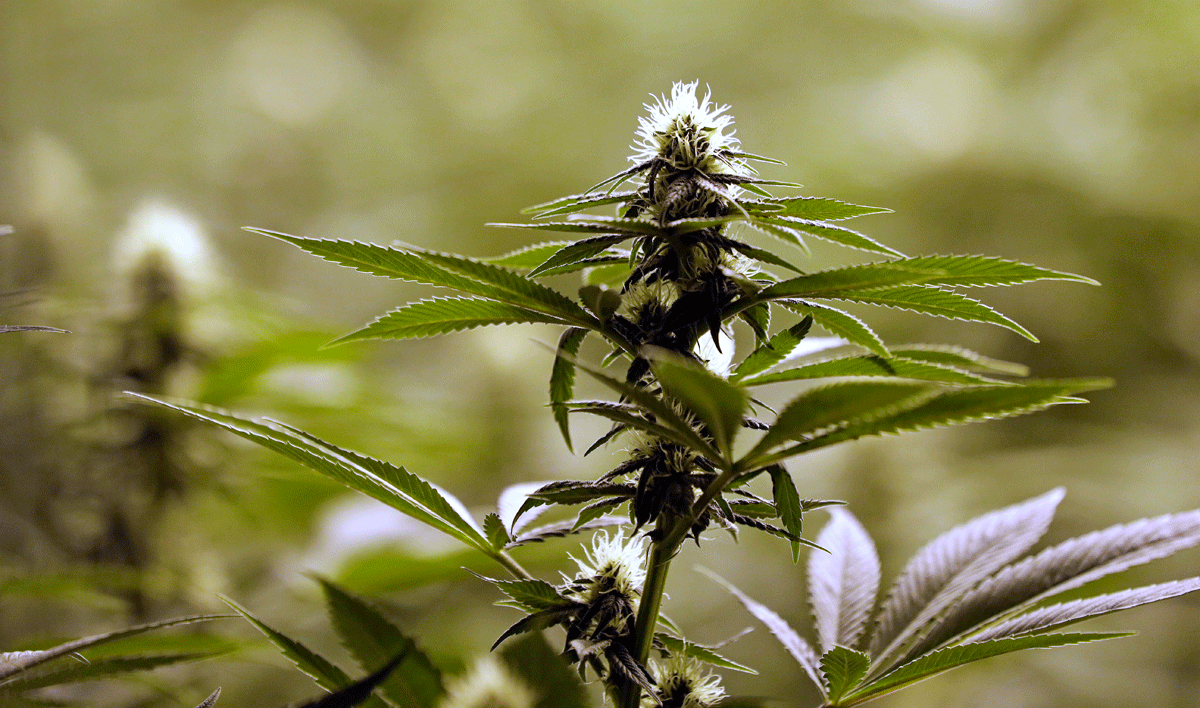WASHINGTON — A brain abnormality that impacts memory has been noticed in young adults who were heavy pot smokers as teenagers.
A Northwestern Medicine study finds that teens 16 to 17 years old who used cannabis daily for about three years have an abnormally shaped hippocampus as adults. The hippocampus is the part of the brain responsible for long-term memory, according to Healthline.
The younger drug abuse starts, the more abnormal the brain appears.
The 97 study participants who were tested in their early 20s had quit smoking pot at least two years. They performed 18 percent worse on long-term memory tests than young adults who had not abused cannabis as teenagers.
“It is possible that the abnormal brain structures reveal a pre-existing vulnerability to marijuana abuse,” study author Matthew Smith said in a news release. Smith is an assistant professor of psychiatry and behavioral sciences at the Northwestern University Feinberg School of Medicine.
“But evidence that the longer the participants were abusing marijuana, the greater the differences in hippocampus shape suggests marijuana may be the cause,” Smith said.
The Northwestern researchers say the abnormality they observed involves memory-related structures in brains appearing to shrink and collapse inward which may suggest a decrease in neurons.
The study findings are published in the Journal Hippocampus.
WTOP’s Kristi King contributed to this report.







